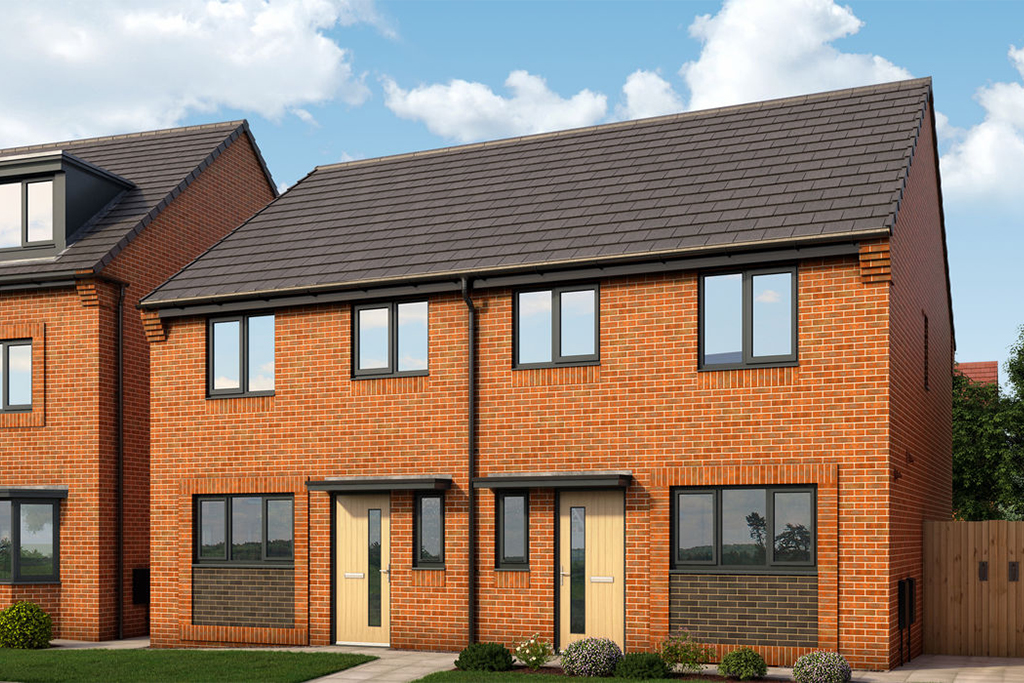Choosing the right New build contractors is a crucial step in achieving a high-quality residential construction project. Whether you’re building your dream home from scratch or developing multiple properties, the quality of the build depends significantly on the contractor’s expertise, planning, and execution. These professionals not only oversee construction but also ensure compliance with building regulations, timelines, and client expectations. From the foundation to the final inspection, every phase of the project involves strict quality control. In this guide, we walk through the step-by-step process that residential contractors follow to deliver top-notch results—ensuring your new build is not only visually stunning but structurally sound and built to last.
1. Initial Consultation and Site Assessment
Quality starts from the very first interaction. Residential contractors begin by discussing the client’s vision, budget, and timeframe. During the initial consultation, they conduct a thorough site inspection to identify challenges such as ground conditions, drainage requirements, or access limitations. This early stage also includes feasibility checks, which help avoid future delays and cost overruns.
2. Detailed Planning and Design Coordination
Once the site has been assessed, the planning phase begins. Here, architects and structural engineers work alongside the contractors to finalise drawings, specifications, and structural plans. Attention to detail is key—ensuring the project meets both the client’s aesthetic goals and local building codes. Planning applications and permits are also handled during this phase, helping to create a smooth workflow for the entire build.
3. Material Selection and Supplier Coordination
Quality homes require quality materials. Reputable contractors collaborate with trusted suppliers to source long-lasting, sustainable, and regulation-compliant building materials. This stage includes evaluating options for insulation, windows, roofing, and structural supports. Contractors ensure that all materials meet British Standards (BS) and are delivered on time, helping to keep the project on schedule without compromising quality.
4. Groundworks and Structural Foundations
The physical construction begins with site preparation and laying the foundation. Groundworks include excavation, drainage installation, and sub-base preparation. Every task is carried out under supervision and inspected at various stages. A solid foundation sets the tone for the entire build, ensuring structural integrity and safety.
5. Framing and Structural Works
The skeleton of the home is erected next. Contractors ensure all timber, steel, or concrete framing follows the approved design and meets structural standards. Inspections are conducted regularly during this phase to catch and correct any deviations early. This approach allows for a consistent level of quality throughout the project.
6. Electrical, Plumbing, and Mechanical Installation
Once the framework is in place, it’s time to install the systems that make a house liveable. Skilled technicians handle electrical wiring, plumbing, heating, and ventilation. Each installation is tested for safety and compliance. Collaboration between trades at this stage helps prevent conflicts and costly changes later.
7. Interior and Exterior Finishing
Finishing involves tasks like plastering, painting, flooring, tiling, and fitting kitchens and bathrooms. These details make a big visual impact, and quality here defines the overall impression of the home. Contractors closely monitor craftsmanship, ensuring that finishes meet agreed specifications and that any issues are resolved promptly.
In this stage, experienced New Build Residential Contractors bring added value by coordinating trades efficiently and ensuring materials are used correctly.
8. Quality Control and Final Inspections
Before handing over the keys, contractors perform a thorough inspection. This includes snagging—identifying minor issues like uneven surfaces or missed paint spots—and resolving them. Final building control inspections are carried out to ensure everything complies with UK building regulations.
9. Handover and Aftercare
After successful inspections, the contractor arranges the final handover. Clients receive important documentation such as warranties, compliance certificates, and maintenance advice. Some reputable New build contractors London also provide aftercare support to handle any post-completion issues swiftly, reinforcing their commitment to long-term quality.
Final Thoughts
Ensuring quality in residential construction is more than just ticking boxes—it’s about a structured, consistent approach where each step builds on the last. From design to delivery, experienced contractors focus on clear communication, compliance, craftsmanship, and care. With the right partner, your dream home isn’t just built—it’s built to last.


